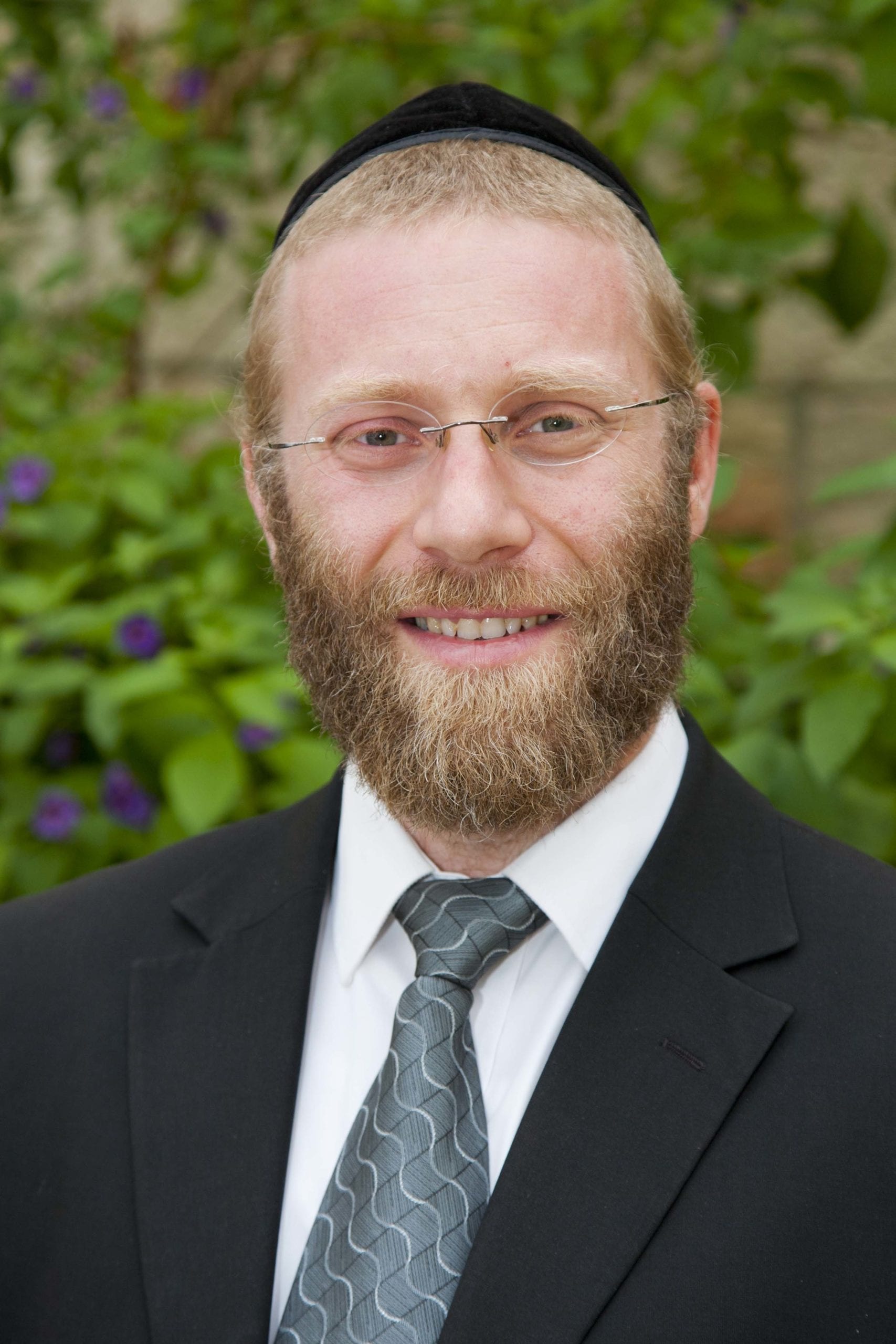
At the conclusion of the Book of Bereshit, our forefather, Yaakov, blessed each of his sons before he died. Yosef, who merited becoming second-in-command of Egypt, was blessed by his father to have special favour in the eyes of all who beheld him. Our sages teach us that the reason why Yosef merited such stature and greatness was as follows. When Yaakov met up with his brother Esav after returning from Haran, Yaakov introduced his wives and children. Firstly, Bilhah and Zilpah and their children, followed by Leah and her children. When it came to introducing Rachel however, Yosef moved in front of his mother and stood erect, in order to protect her dignity and modesty. He did not want his wicked uncle to be attracted by her beautiful appearance, and therefore, he stood in front of her to obstruct Esav’s view. In the merit of protecting his mother’s dignity, greatness was bestowed upon him.
The Medrash relates that when G-d created woman, Hedeliberated (in a figurative sense) from which of man’s limbs to create her. If He would create her from part of man’s head, it may make her haughty, from his eye – over-inquisitive, from his heart – she may be jealous, from his foot – she may wander off. Thus, G-d chose to create her from a modest and concealed part of man – his ribs.
In today’s world, there are those who fight for women’s equality rights, whether in the market-place, in other positions or just for
them “to be more in the limelight”. Their understanding is that since women should not be worse off than men, they should have the same opportunities available to them. The roles that Jewish women have taken traditionally over the centuries do not seem to satisfy their criteria. Their attitude, however, is based on a grave misconception. By no means does the woman’s role, as prescribed by our Holy Torah, make a woman worse off, imprisoned, mistreated or undermined in any way. On the contrary, the way the Torah defines her essence and role is truly liberating for a woman. When a person operates in a way that opposes their true nature, that is the worst form of imprisonment for them. A woman naturally shuns being exposed to men other than her husband. For this reason, the Torah guards her honour, modesty and dignity. Her role is defined to be within the framework of the home. She is entrusted with being the mainstay of the home – bearing the responsibility of supporting her husband, encouraging him in his endeavours, and providing his physical needs, as well as the encompassing task of raising her children to love Torah and mitzvot. Her essence comprises of internal strength, faith and modesty, while being alert, focused and in control of different, mundane but necessary chores. These traits are essential for her being able to care for her husband and to raise children, especially in trying situations, and to observe Shabbat, Kashrut and other pertinent laws. These qualities assist her in ensuring the smooth functioning of the home, supporting her husband and raising her children.
The nobility of a Jewish lady – the King’s daughter, is to be found within her privacy. The more her true essence is acknowledged and respected, the more fulfilment and liberation she will feel, and her marriage will be a faithful and harmonious one.







